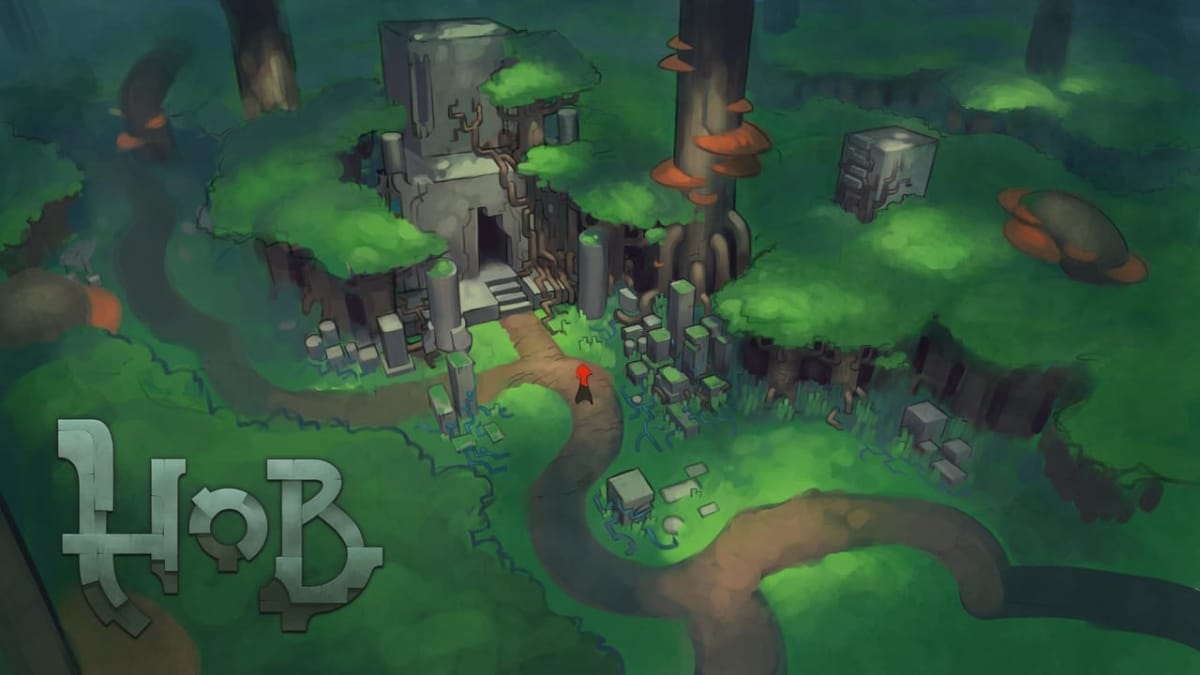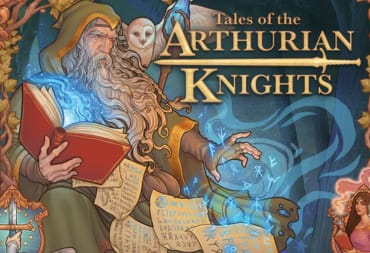More news out of Perfect World Entertainment today, as the shrinkage of Motiga has come alongside another studio closure. Runic Games, the Seattle based developer of Torchlight and Hob, is closing its doors after nine years. As part of their comments regarding Motiga, Perfect World gave the following statement.
Perfect World Entertainment recently closed the Seattle office of Runic Games as part of the company’s continued strategy to focus on online games as a service. We’re grateful to the team for all of their hard work bringing incredible experiences like Torchlight, Torchlight II and Hob to life. Runic Games will remain a part of Perfect World Entertainment’s portfolio of studios, and its games will continue to be available to players, as we stay committed to supporting and growing Runic Games’ beloved franchises.Perfect World Entertainment invested in Runic Games in 2010 during work on the Torchlight MMO. That game never saw the light of day, and work transitioned to Torchlight 2. Their latest work is the recently released Hob, which is estimated to be owned by under 50,000 users in its first month on Steam despite a mostly positive critical reception.The staff reduction at Motiga and the closure of Runic Games Seattle were unrelated. Perfect World Entertainment stands committed to delivering the best massively multiplayer online gameplay experiences to our players.
Runic had already seen the departure of a few of its co-founders in 2014 to form Double Damage, the developers of Rebel Galaxy. Travis Baldree had this to tweet upon the closure being made public.
https://twitter.com/TwinStickGames/status/926513502713389057
The official Runic Games Twitter also released a statement commenting on the closure.
It's true, Runic Games has been closed. Our statement is on the website: https://t.co/uSWZ4X0XlW
Thank you for being part of our story. <3
— Runic Games (@RunicGames) November 3, 2017
Perfect World has experimented with more traditional games in the past, including the top-down shooter Livelock, but the recent studio closures seem to indicate a shift back towards their more traditional fare, which includes long-running MMOs such as Star Trek Online and Neverwinter.







